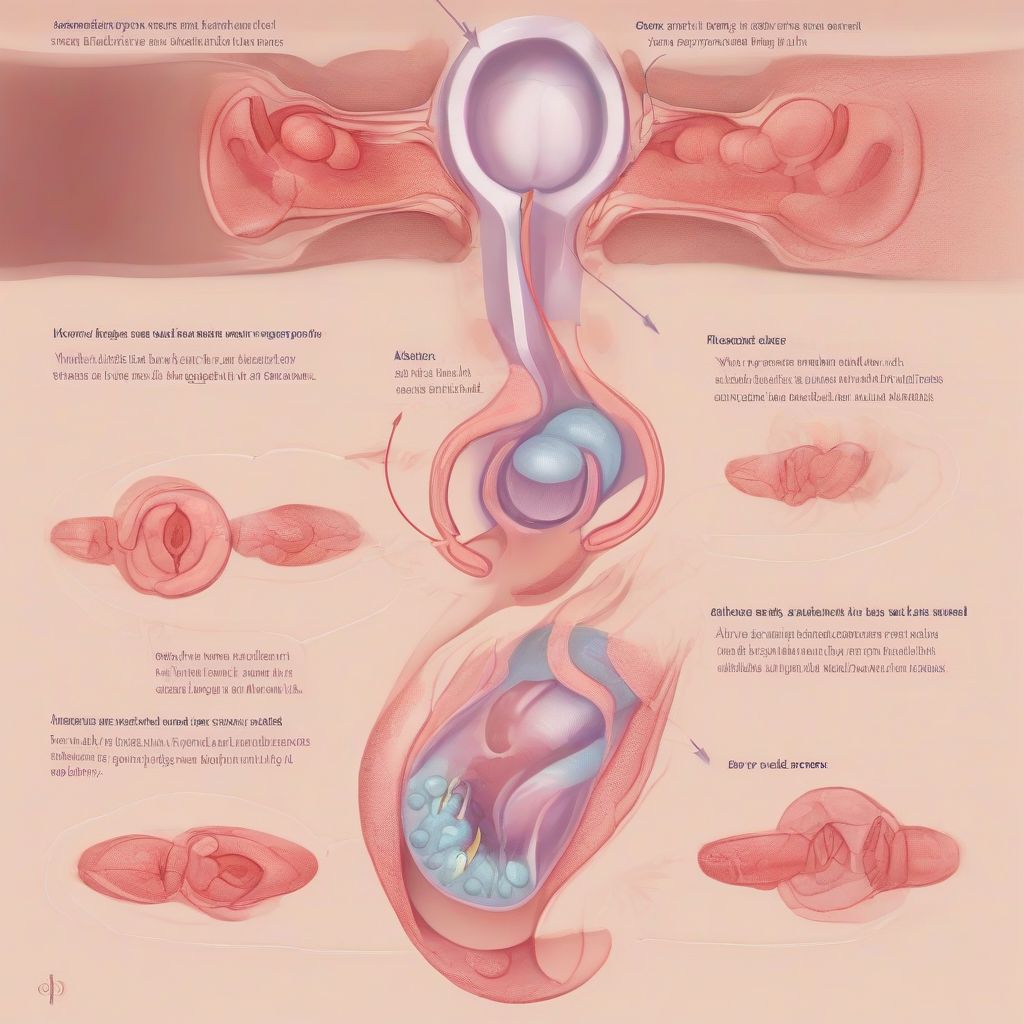Embarking on the journey to parenthood through IVF can be both exciting and overwhelming. One of the most significant milestones in this process is the embryo transfer. Understanding the Embryo Transfer Timeline can help alleviate anxiety and prepare you for what lies ahead. This article will guide you through the different stages of the embryo transfer timeline, address common questions, and provide valuable insights to help you feel informed and empowered throughout your IVF journey.
What is an Embryo Transfer and How Does it Fit into the IVF Timeline?
In vitro fertilization (IVF) is a complex process that involves fertilizing eggs with sperm outside the body to create embryos. These embryos are then carefully cultured in a laboratory for several days, allowing embryologists to monitor their development and select the healthiest for transfer. The embryo transfer is the final step in the IVF process before a pregnancy test, where the selected embryo(s) are carefully placed into the woman’s uterus with the hope of implantation and a successful pregnancy.
Breaking Down the Embryo Transfer Timeline
While the exact timeline can vary slightly depending on individual factors and clinic protocols, here’s a general overview of what you can expect:
1. Ovarian Stimulation and Monitoring
The first step in the IVF process involves using fertility medications to stimulate the ovaries to produce multiple eggs. This phase typically lasts around 8-14 days, during which you’ll undergo regular ultrasounds and blood tests to monitor your response to the medication.
2. Egg Retrieval
Once your follicles (fluid-filled sacs containing the eggs) have reached the appropriate size, you’ll undergo egg retrieval. This is a minimally invasive procedure performed under sedation, where a thin needle is guided into the ovaries to collect the mature eggs.
3. Fertilization and Embryo Development
After the eggs are retrieved, they are fertilized with sperm in a laboratory setting. The fertilized eggs, now called embryos, are carefully monitored as they divide and develop in a specialized incubator.
4. Embryo Selection and Transfer Day
The embryo transfer typically takes place 3-5 days after fertilization. Your doctor will discuss the optimal timing based on your specific situation. On the day of the transfer, the selected embryo(s) are loaded into a thin catheter and gently placed into the uterus through the cervix. This procedure is relatively quick and painless, often likened to a pap smear.
 Embryo Transfer Illustration
Embryo Transfer Illustration
5. The Two-Week Wait
Following the embryo transfer, begins the infamous “two-week wait”— a time filled with anticipation and hope as you eagerly await the results of your pregnancy test. During this time, the embryo(s) will hopefully implant into the uterine lining, signifying the start of pregnancy.
6. Pregnancy Test
Approximately two weeks after the embryo transfer, you’ll return to your clinic for a blood test to check for the pregnancy hormone, hCG. If the test is positive, congratulations—you’re pregnant! Your journey will then continue with ongoing prenatal care and monitoring.
Frequently Asked Questions About the Embryo Transfer Timeline
1. How long does the entire IVF process take, from start to finish?
From the initial consultation to the pregnancy test, the entire IVF process usually takes around 4-6 weeks.
2. Can the Embryo Transfer Timeline be affected by factors like my age or medical history?
Yes, factors such as age, underlying medical conditions, and previous IVF attempts can influence the timeline. Your doctor will personalize your treatment plan and timeline accordingly.
3. Are there any lifestyle modifications I should make during the two-week wait?
While it’s natural to be anxious during the two-week wait, try to maintain a healthy lifestyle by eating nutritious foods, getting enough sleep, and engaging in light exercise. However, avoid strenuous activities and consult your doctor about any specific restrictions.
4. What are the success rates associated with embryo transfer?
Embryo transfer success rates vary depending on several factors, including age, embryo quality, and uterine receptivity. Your doctor can provide you with personalized statistics based on your unique circumstances.
Navigating Your Embryo Transfer Journey With Confidence
The embryo transfer timeline marks a significant turning point in your IVF journey. By understanding the different stages, potential influencing factors, and what to expect along the way, you can approach each step with greater confidence and peace of mind. Remember, your medical team is there to guide you throughout the entire process, providing support, answering your questions, and addressing any concerns you may have.